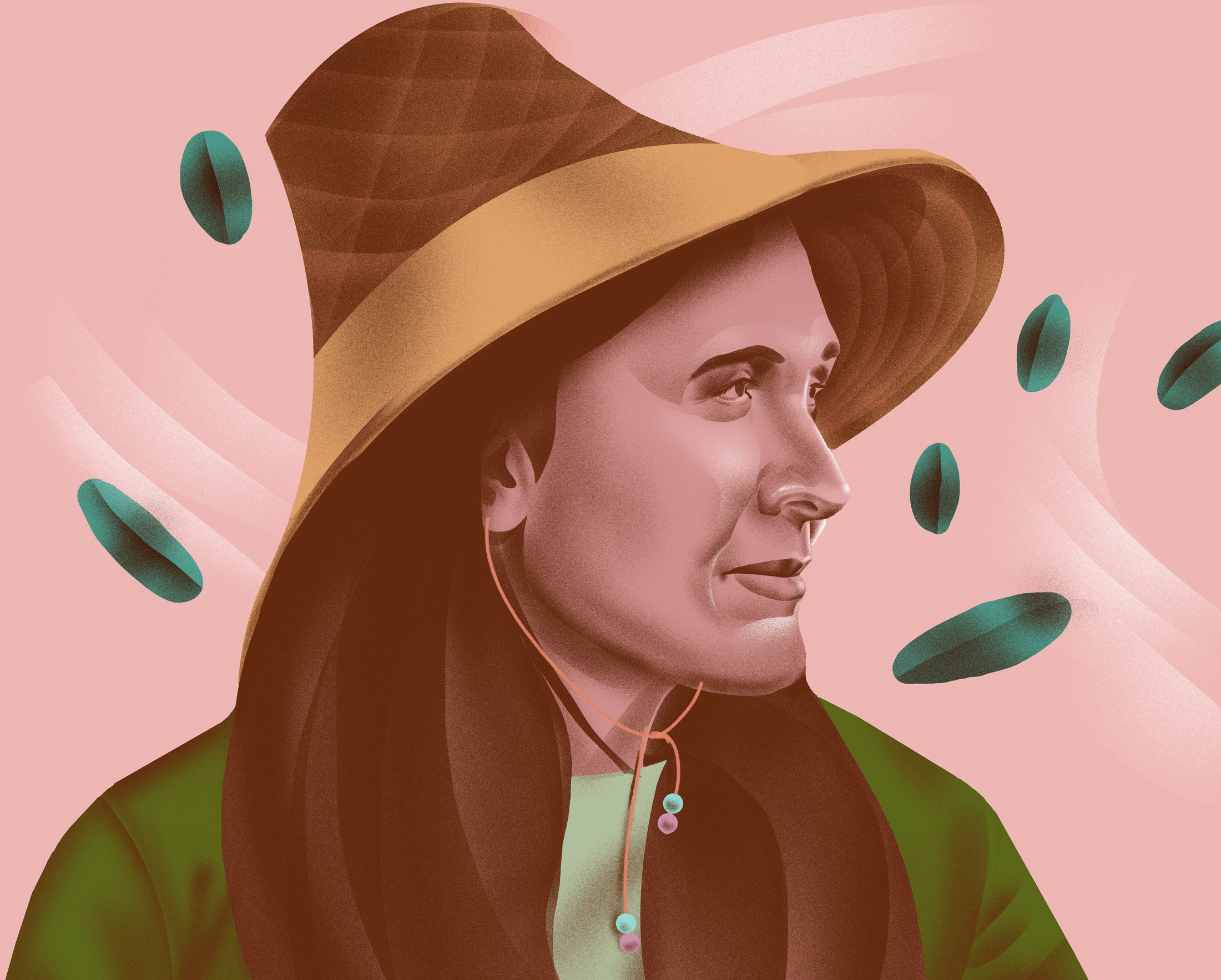It should come as no surprise that as an emerging cultural hub, Vancouver is home to its share of up-and-coming, innovative entrepreneurs. The kind of visionaries who see an opportunity for growth, a burgeoning market in need of something new, and step in to fill the void. This story from our Autumn issue is the second in a series introducing us to local entrepreneurs, and the contributions they’re making here at home.
The seed for Indigenous skin-care brand Skwálwen Botanicals was planted in Leigh Joseph’s heart a long time ago. As a child spending time with family members and elders in her community of the Skwxwú7mesh (Squamish) First Nation, she experienced what it meant to be in connection with the land through the foods they were harvesting and sharing in family meals. “Listening to Indigenous language being spoken by my great-uncle, and just having all of those components as part of my childhood—I didn’t realize at the time—really helped me to understand what health and wellness felt like in an Indigenous context,” she explains.
When it came time to choose what she wanted to study in school, Joseph discovered that those early life experiences had already inadvertently set her on the path of ethnobotany: the study of cultural interrelationships between people and plants. Through her hands-on research, she redeveloped her connection to the land and the plants on it. The dried plants she brought home gave her an opportunity to create compounds that she used as natural medicines for her children and gave as gifts to elders and the community.
“I realized that this was deeply healing for me,” she says of harvesting and creating products. “I was finding a place of grounding and strength that I felt I really identified with. As I started to create recipes with these plants, it was such a fulfilling experience. Then, as I started to share them, I recognized that same kind of experience happening for elders in my community.”
The business of Skwálwen Botanicals took shape when Joseph began layering her knowledge of biology, botany, and ethnobotany with her lived experience as an Indigenous woman. Her practices invited her community into its teachings—she wanted people to harvest together and then create, whether a food or a self-care and wellness item. “Especially for elders, having ways to tend to themselves like that is really meaningful,” she says.
Hers makes for a unique business model. We all like to believe that our products are made with care, but in the case of Skwálwen’s skin care, it is baked right into the practice. Each small-batch, 100 per cent natural, Squamish-named product is made with intention and a combination of spiritual and scientific teaching. With the growing interest in wild foraging, she is concerned about the added pressure on wild plant populations and is partnering with local farms, growing plants in her own garden, and searching for ethical suppliers to alleviate that burden on the ecosystem.
“As an Indigenous researcher or as an Indigenous plant knowledge holder, we are a part of the process,” she notes.
“We’re very much active participants in building relationships with plants which are considered relatives, not resources,” she says. “It’s completely integrated in our spiritual and cultural relationships.”
This article is from our Autumn 2020 issue. Read the first entrepreneur story in this series about Juke Fried Chicken co-founder Justin Tisdall.









